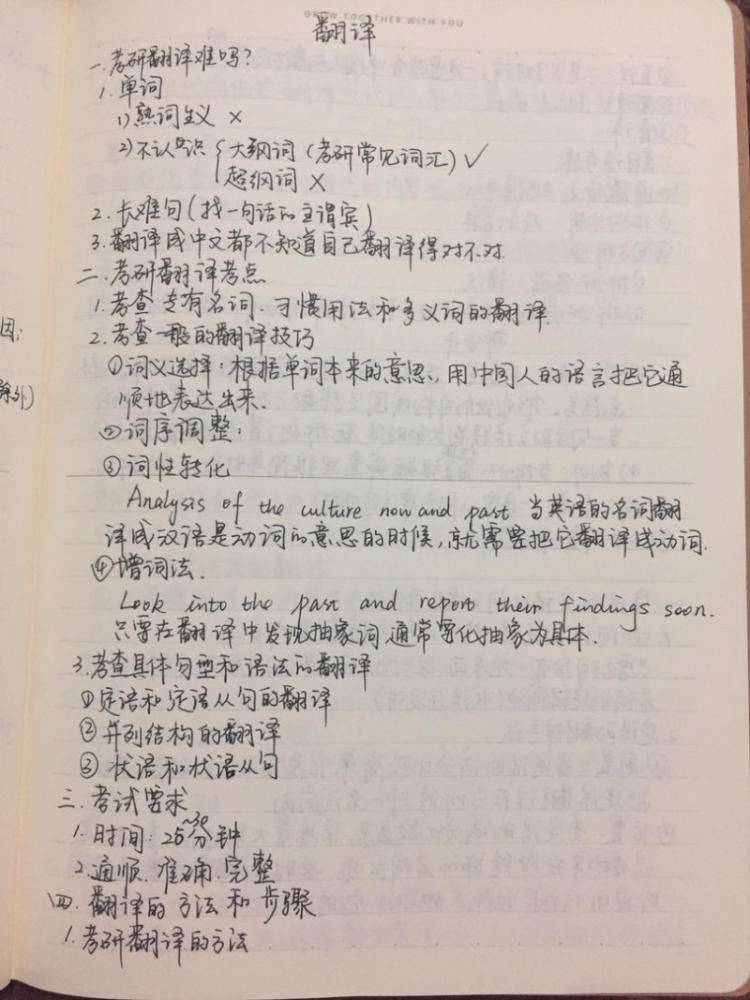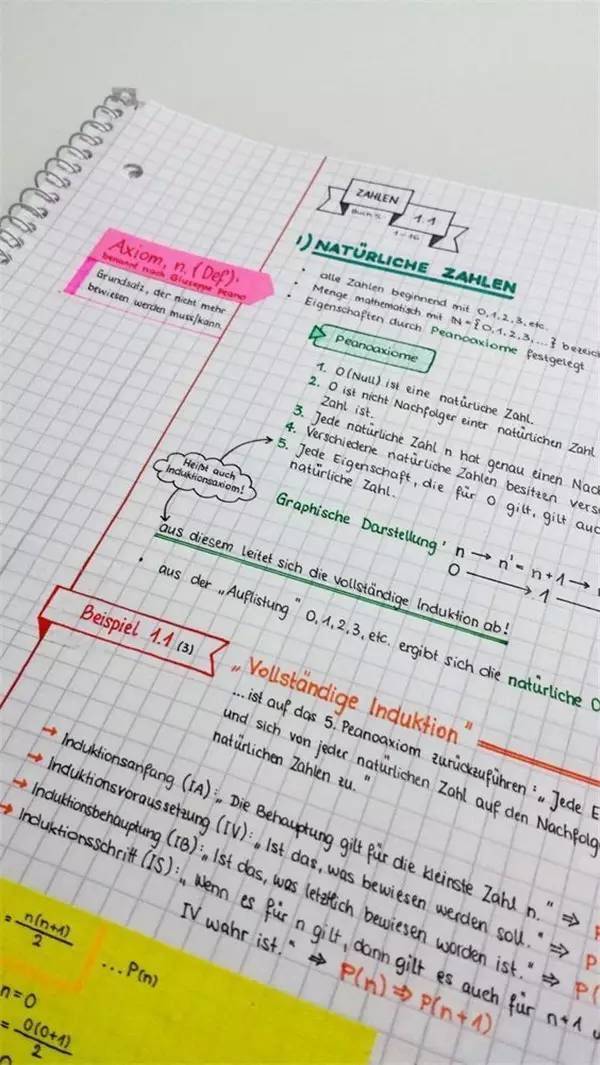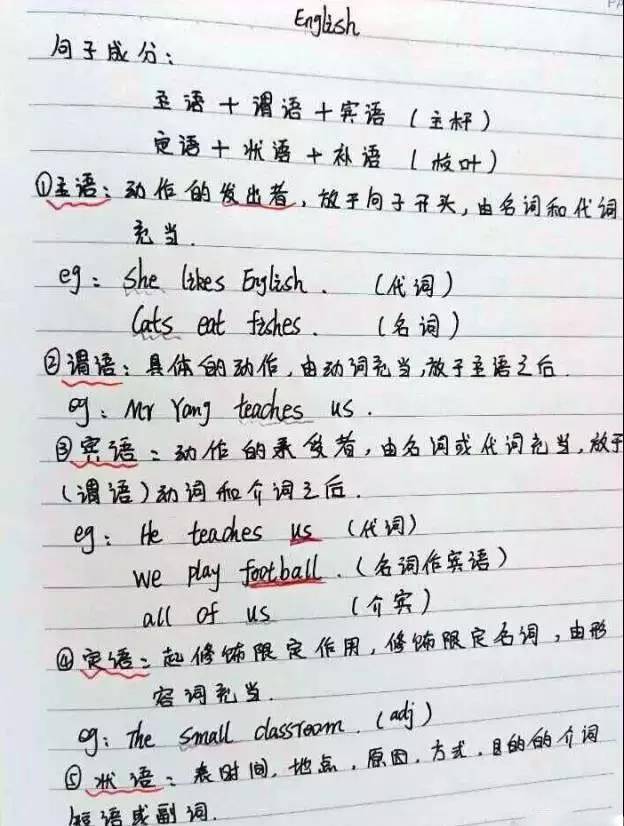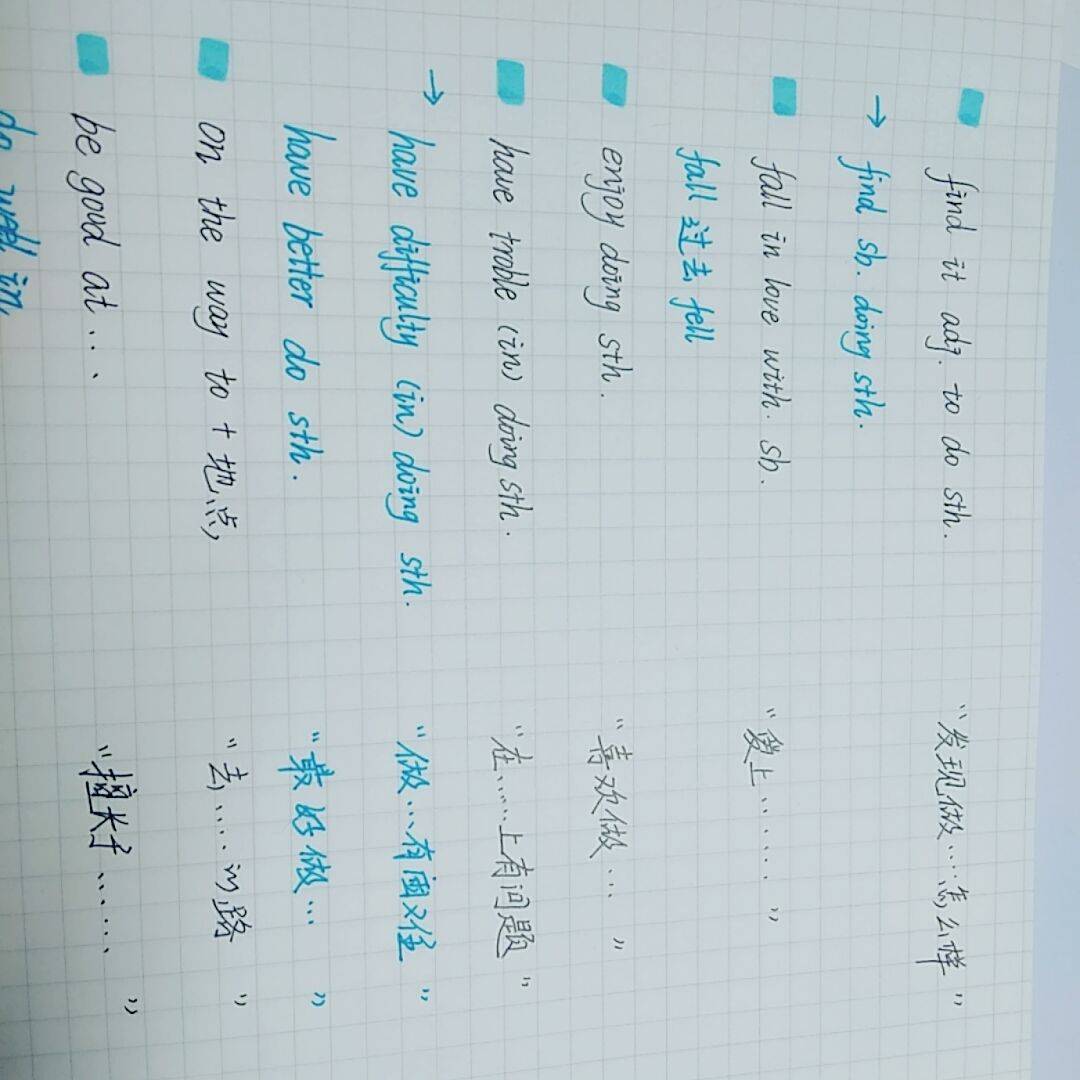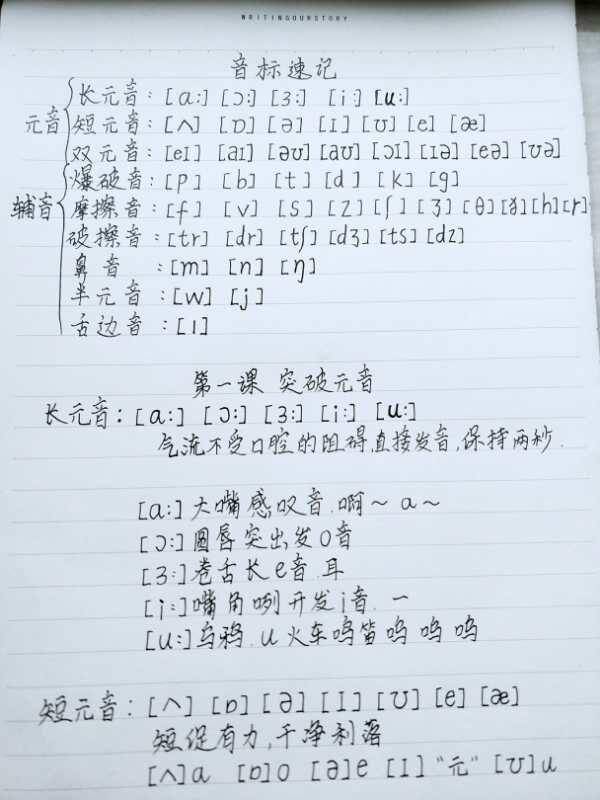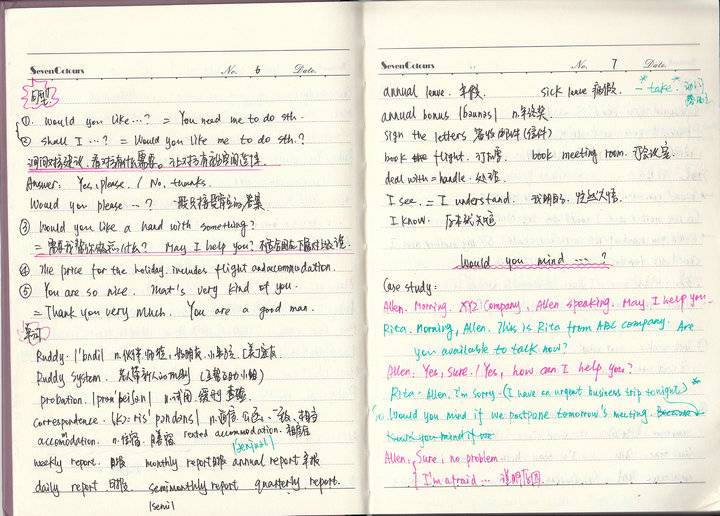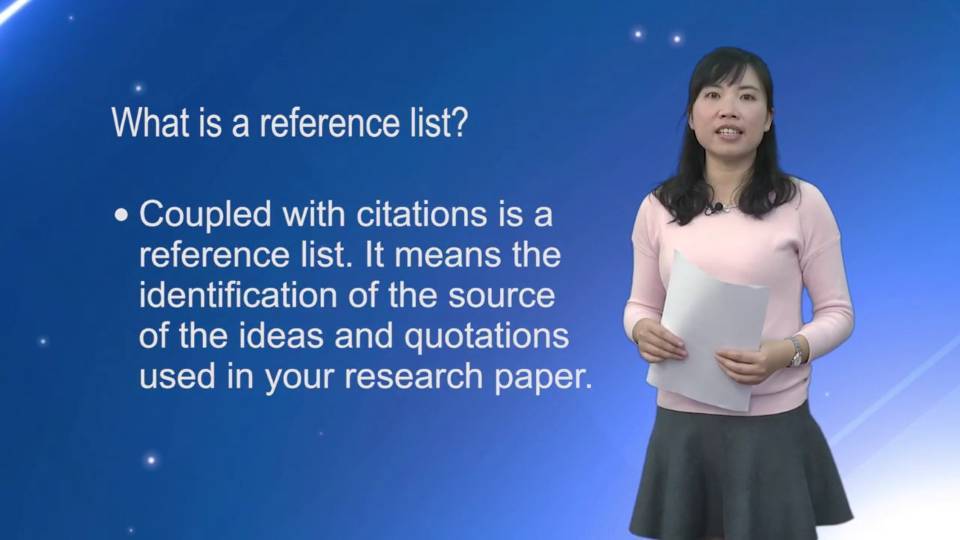
19年接近尾声,我们的课程也临近结课。相信在学习过程中,你的笔记本一定增加了很多内容,那些语法、单词、知识点,求分享求展示呀~揭开幕布,你就会发现身边俱是道友哦~
【参与方式】
· 我需要做什么?
Step 1 在本帖下回复课程笔记,笔记形式:文字、图片…...笔记太多装不下?那网盘链接也可以呀~
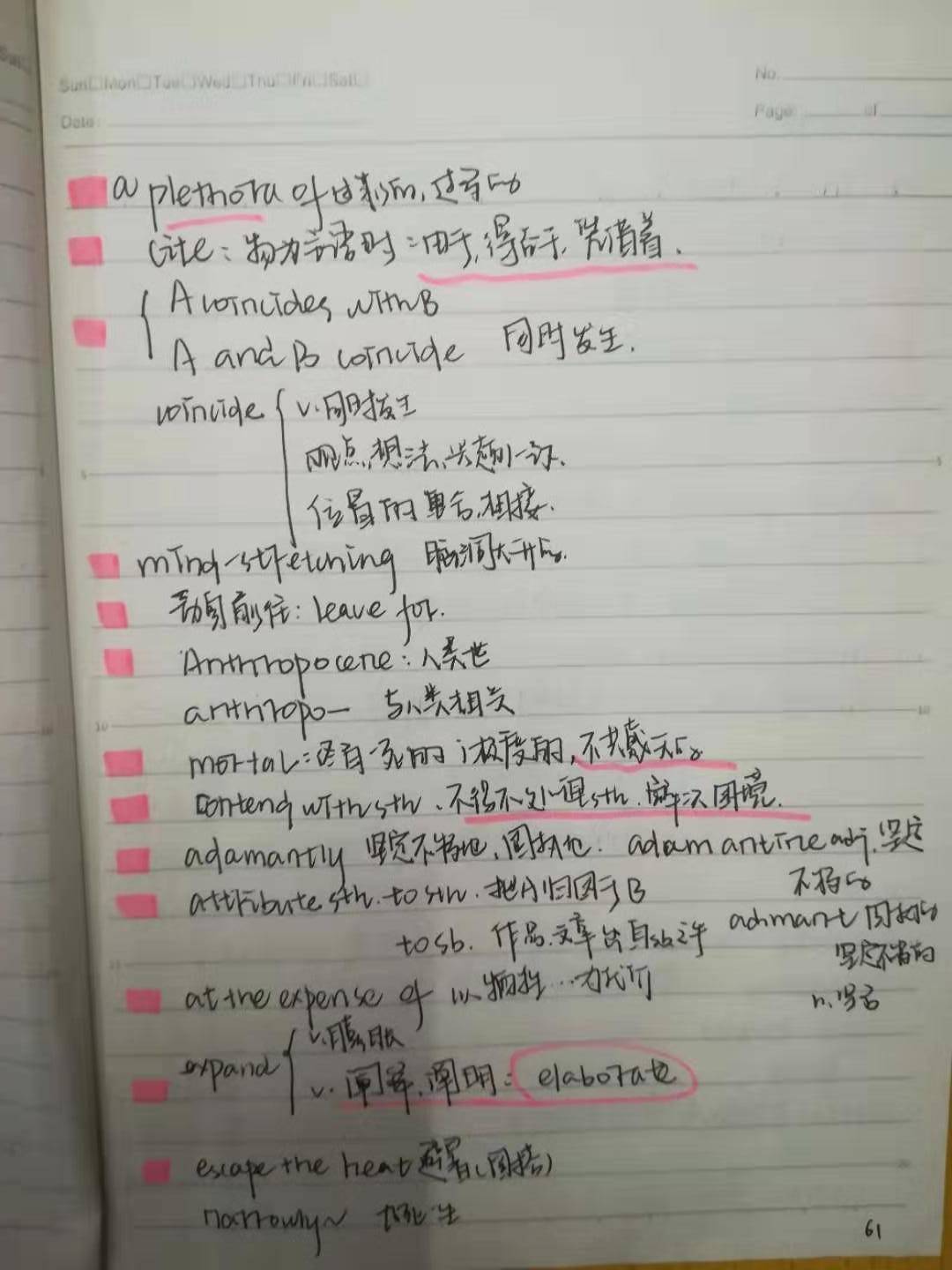
Step 2 学习课程,达到课程合格成绩。(大家可关注成绩发布时间,成绩发布前努力提高学习进度叭)
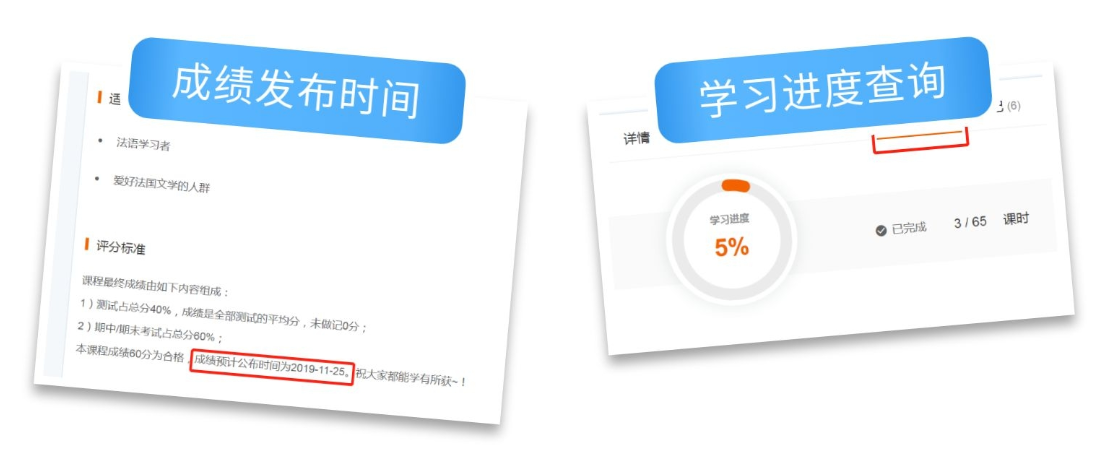
【奖励规则】
活动时间:12月2日-12月31日
回帖数量达30帖,课程证书将由普通证书升级为教师签名版高光认证证书,成绩发布后合格学员即可下载啦。
(ps. 证书还可以分享至领英,助你成为职场+外语领域最靓的崽~)
教师签名版高光认证证书↓:
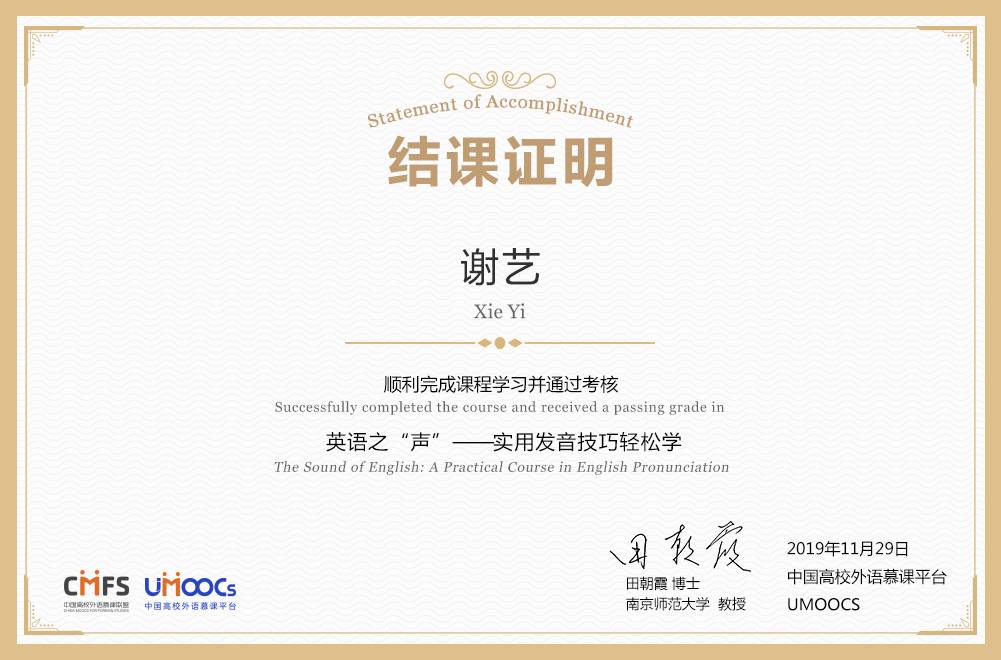
152 回复
-

-

-

-

-

-

-

-

-

-

-
-
-
-
-

-

The master said,"To learn without thing is unavailing.To think without learning is dangerous."
Academic dishonesty is a problem that encounters in colleges and universities for many years. This study is to examine participants’ attitudes toward cheating and the effects of academic motivation, self-efficacy, and academic integrity on cheating behaviors. The present study included 34 students and randomly assigned 3 groups, which have different rewards, asked them finish 3 solvable puzzles and 3 impossible puzzles. The results include a significant negative correlation between participants’ self-reports of cheating behaviors and how dishonest they rated those behaviors, and there is a significant difference for self-efficacy levels. It concluded that the cheaters may feel like cheating was an acceptable tactic for success. The limitation is that the number of participants is small, and the author suggests that future research should closer examination of the difference in academic motivations of people who cheat and these who do not.
-

Academic dishonesty is a problem that encounters in colleges and universities for many years. This study is to examine participants’ attitudes toward cheating and the effects of academic motivation, self-efficacy, and academic integrity on cheating behaviors. The present study included 34 students and randomly assigned 3 groups, which have different rewards, asked them finish 3 solvable puzzles and 3 impossible puzzles. The results include a significant negative correlation between participants’ self-reports of cheating behaviors and how dishonest they rated those behaviors, and there is a significant difference for self-efficacy levels. It concluded that the cheaters may feel like cheating was an acceptable tactic for success. The limitation is that the number of participants is small, and the author suggests that future research should closer examination of the difference in academic motivations of people who cheat and these who do not.
-

Specific Rules to Follow:
Make it a one-paragraph writing;
Adopt functional patterns and academic words to achieve clarity,objectivity and conciseness;
Don't include details like examples; summarize details if they are importantenough to be included;
Avoid using the first or second person; use passive voice toreplace the thirdpersonusage;
-

-

-

-

-

-

-

-

-

-

-

-

添加回复
 您确定给 “0” 位老师发送协议吗?
您确定给 “0” 位老师发送协议吗?



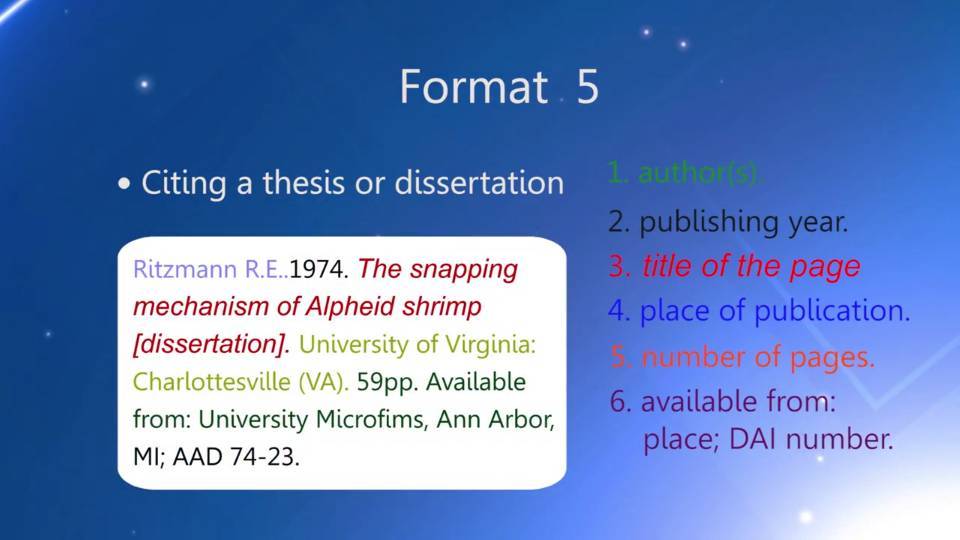
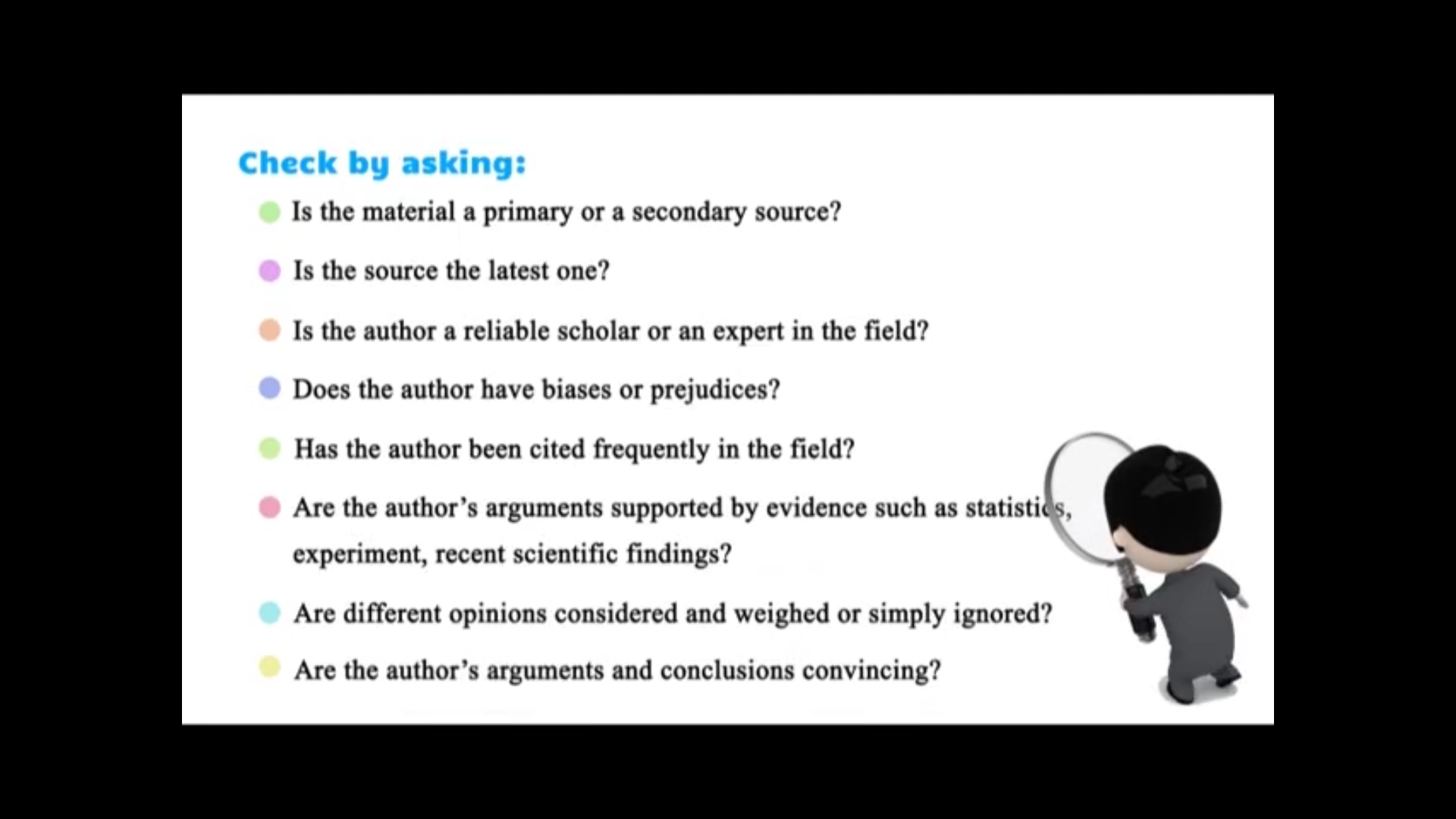
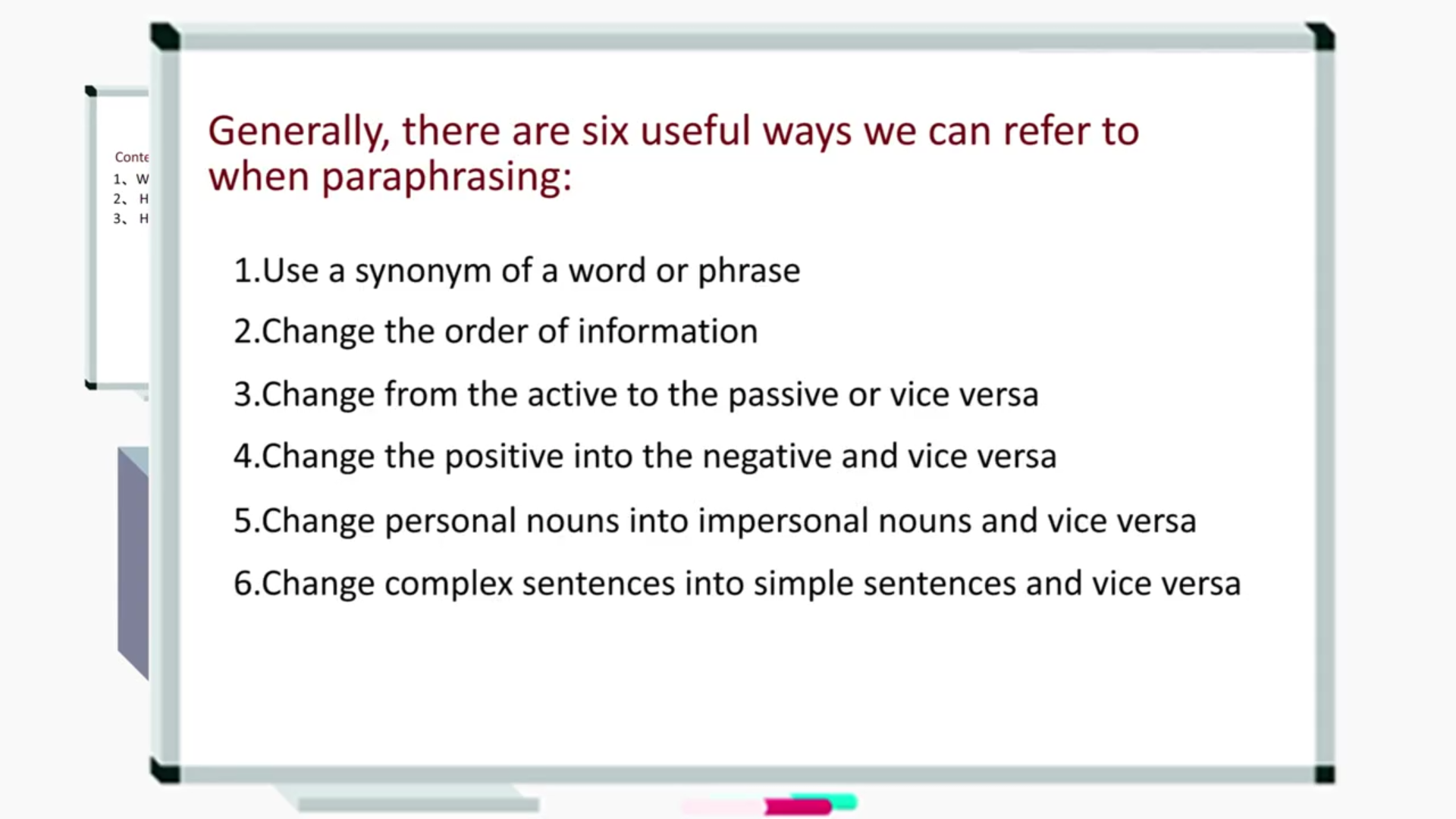
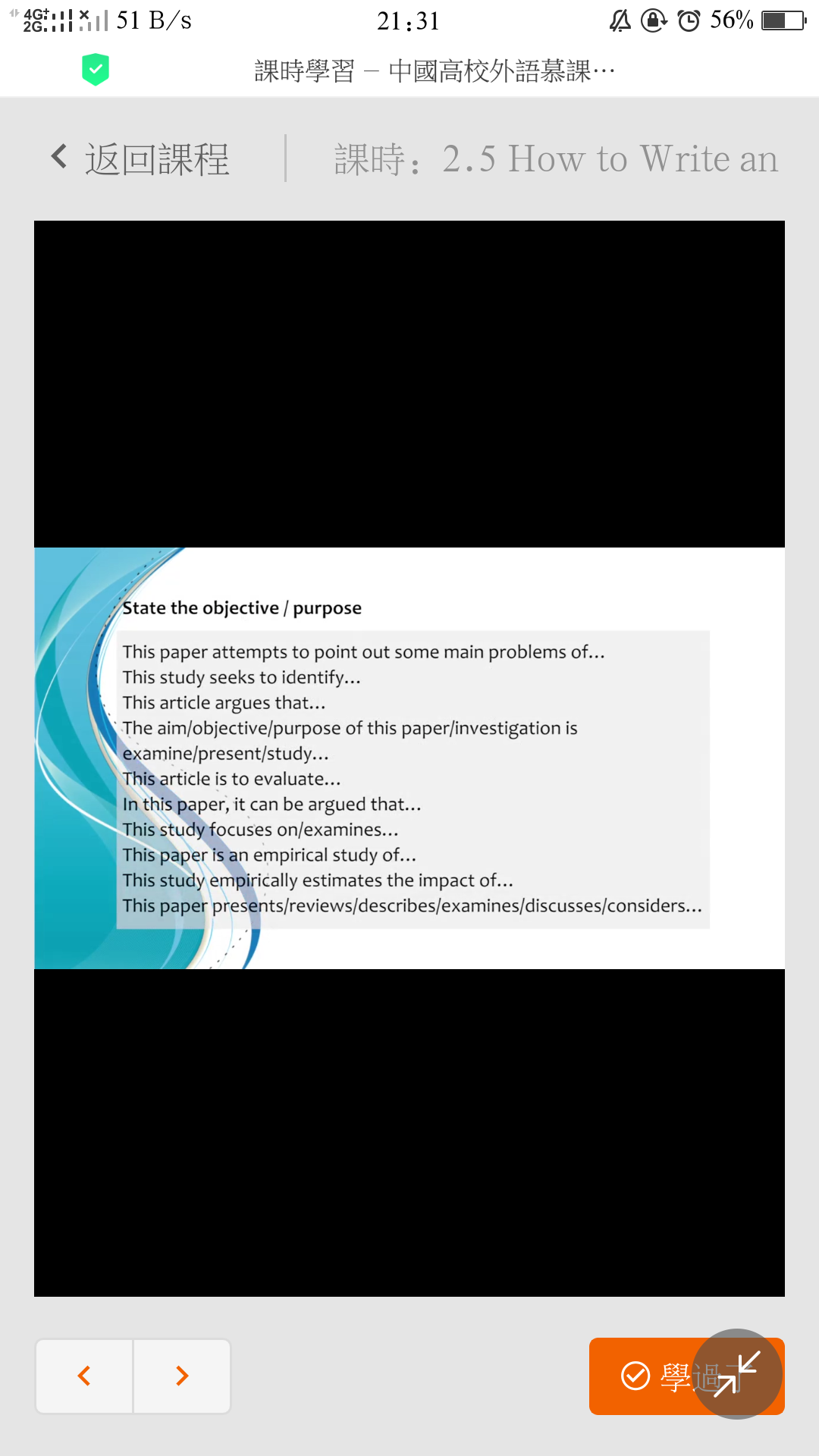
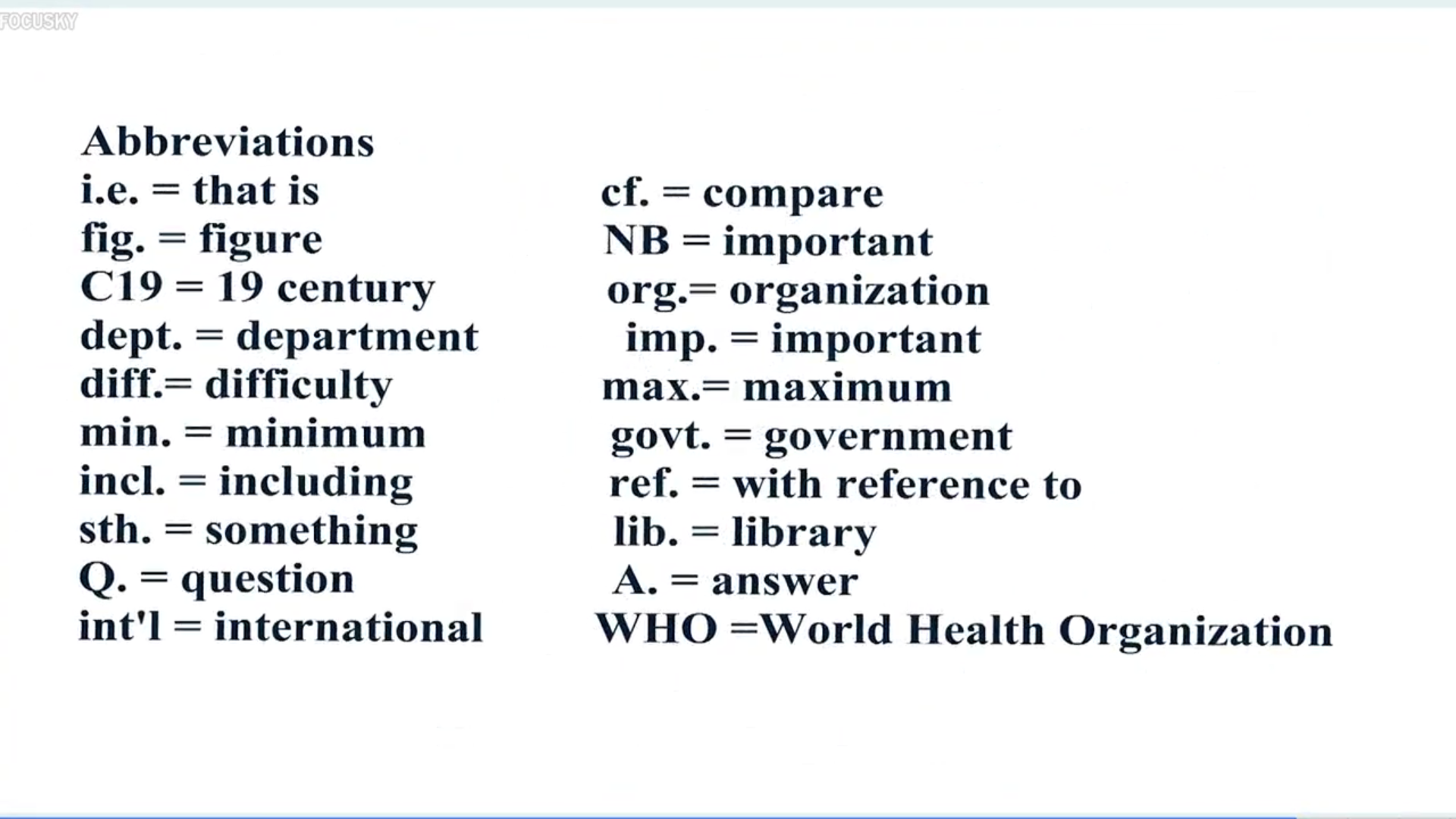
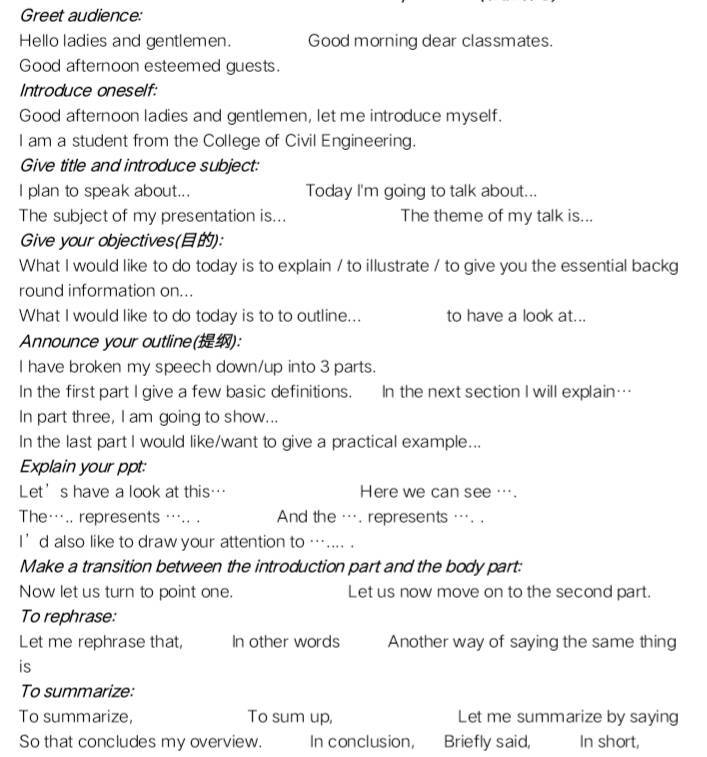
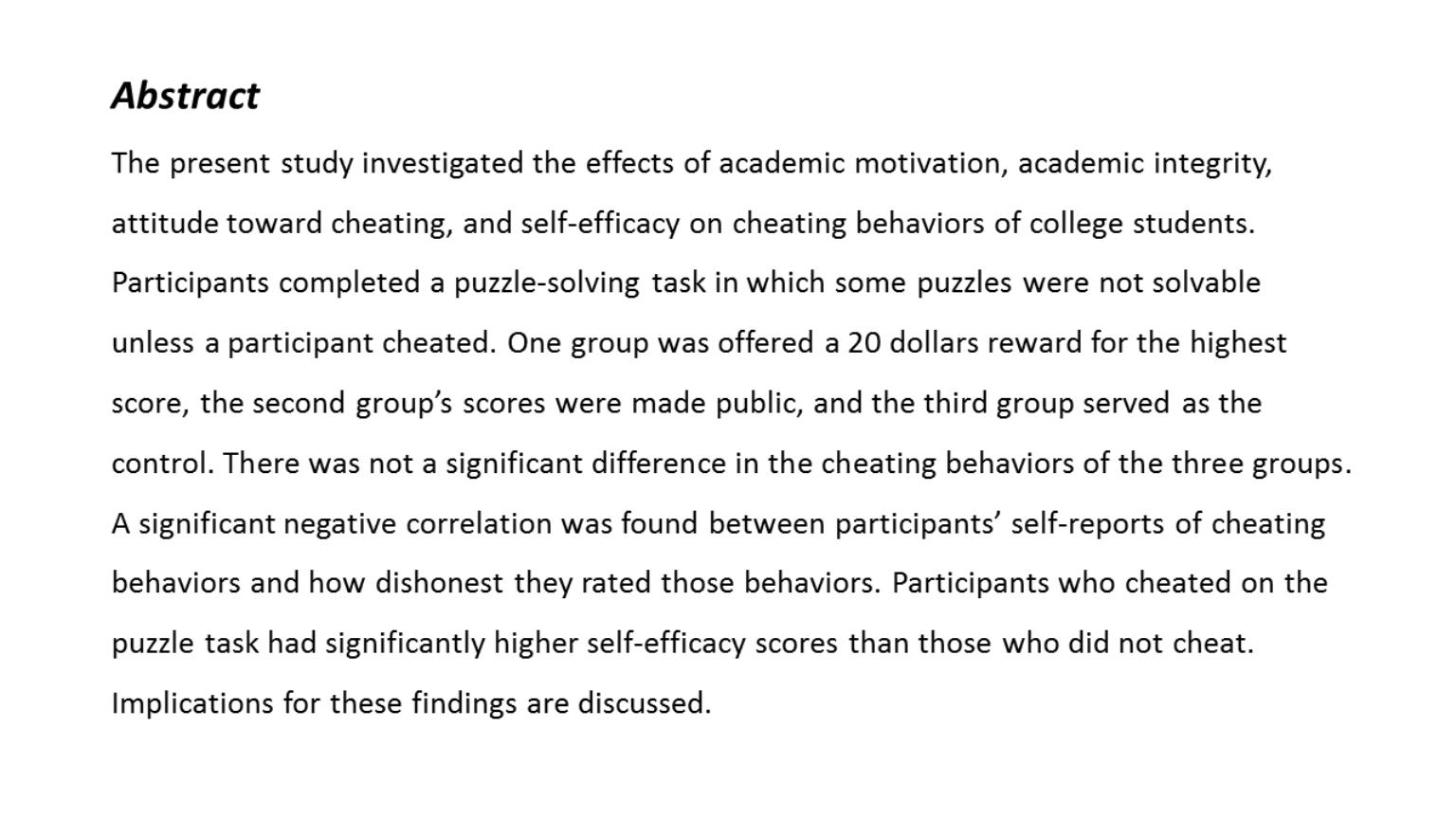
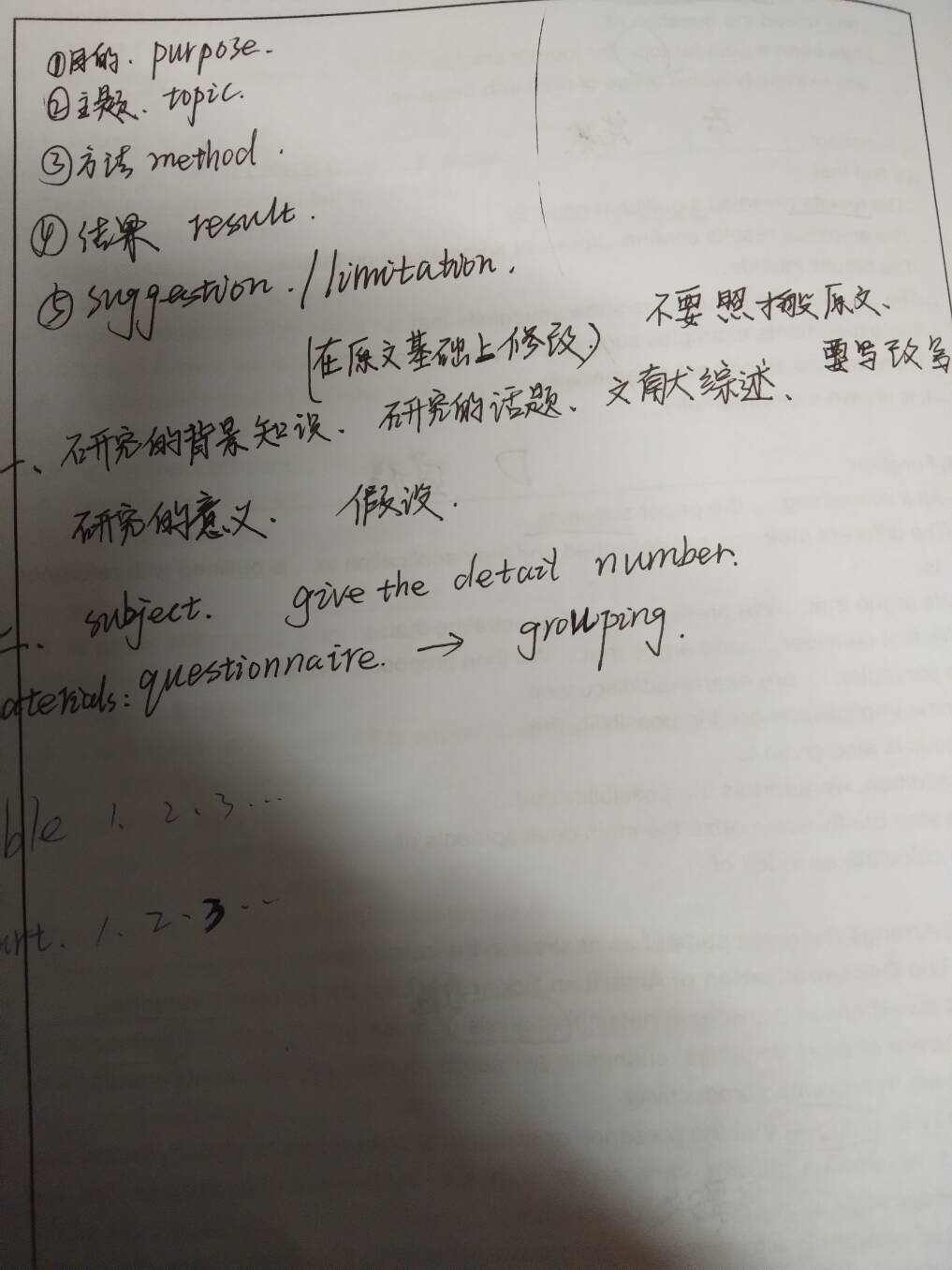 课堂笔记,五个部分的要求
课堂笔记,五个部分的要求

